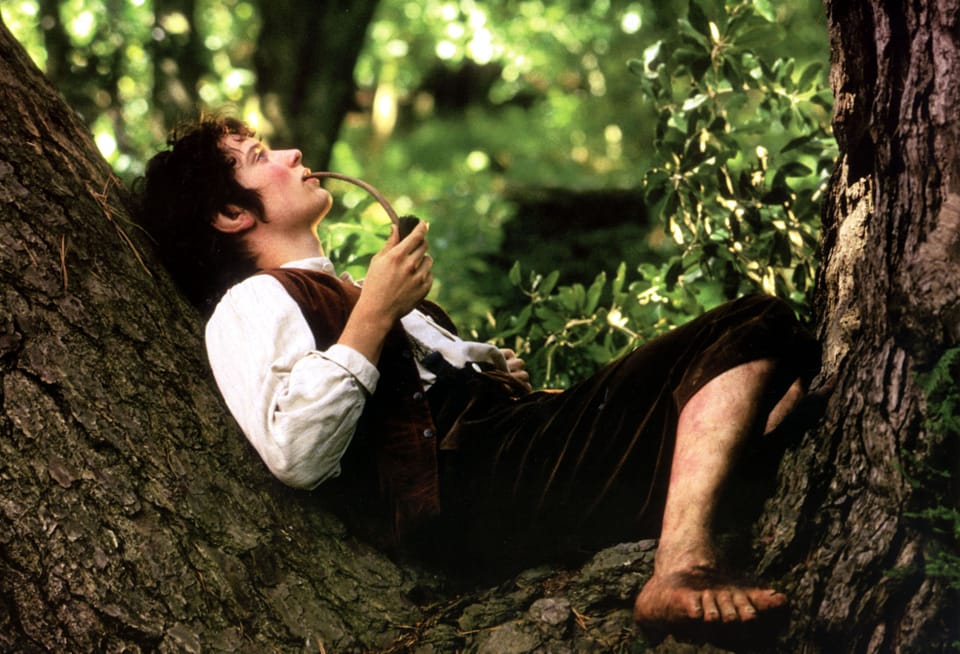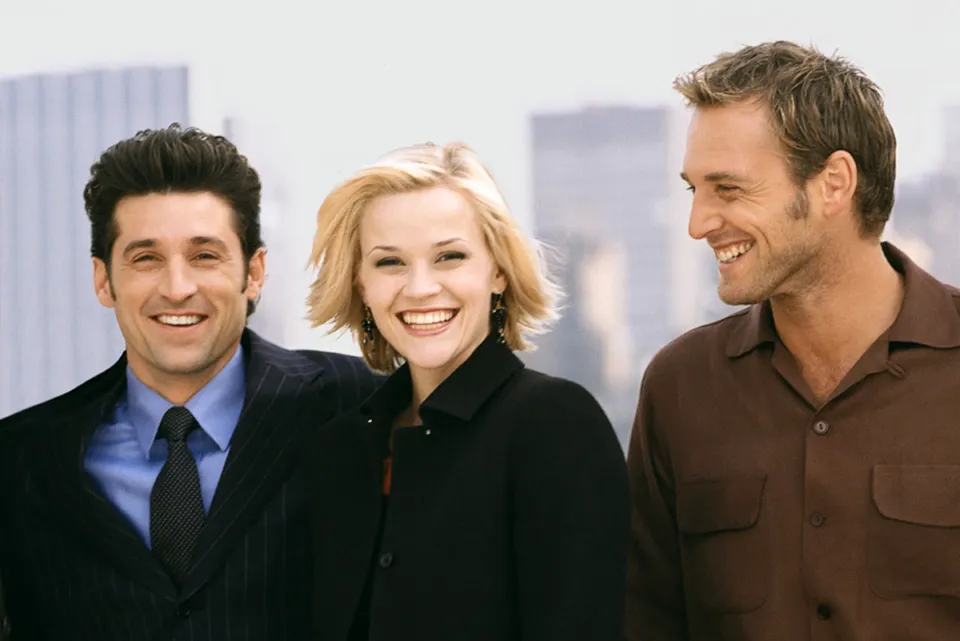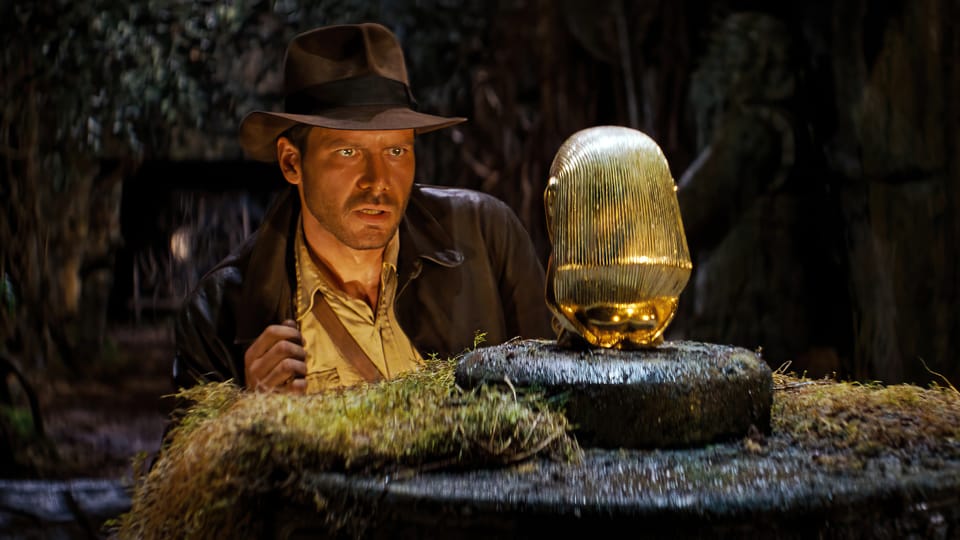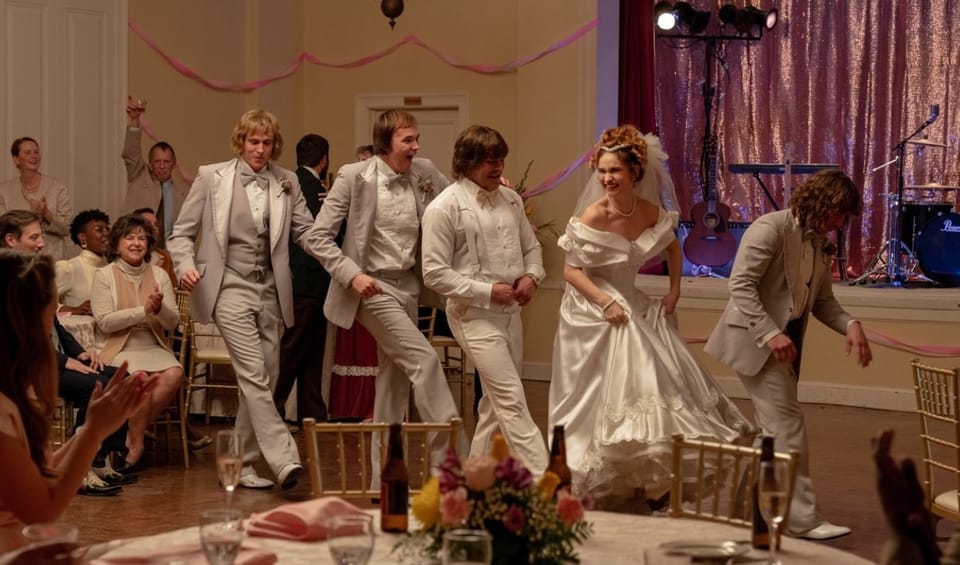The Protagonist's Most Important Trait: Resilience.
By the end of your story, your protagonist should demonstrate resilience. I know, I know. How interesting could it be if every protagonist had this exact same trait? It turns out, it's very interesting.
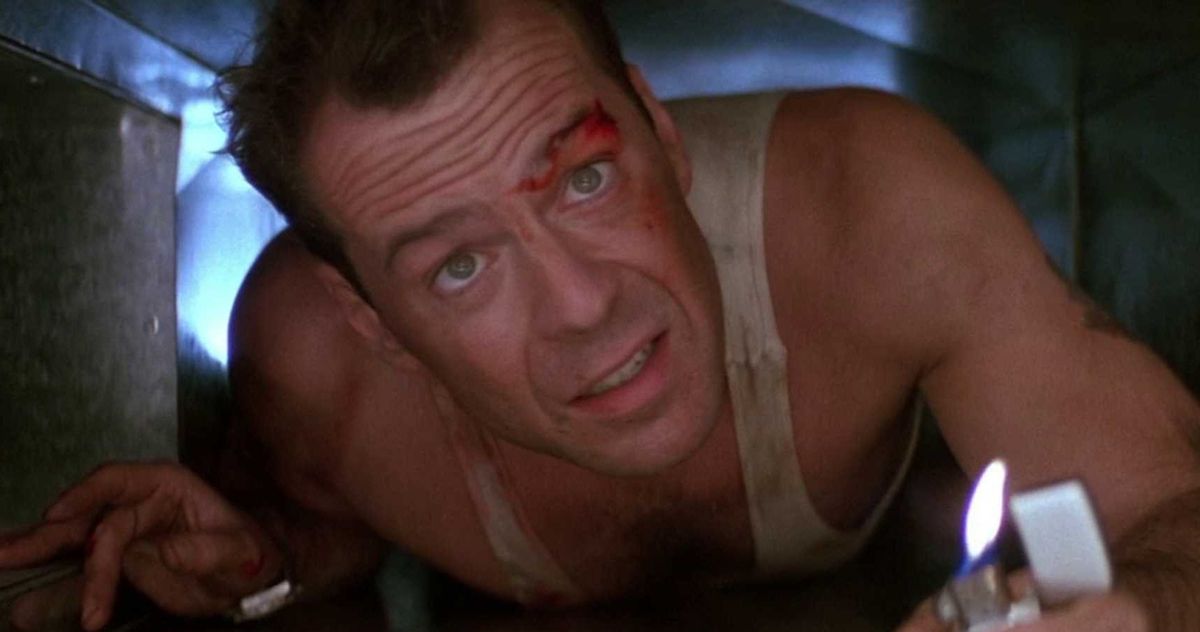
The Story and Plot Weekly Email is published every Tuesday morning.
Your Protagonist's Most Important Quality?
It's resilience. 100%.
By the end of your story, your protagonist should demonstrate resilience.
I know, I know.
How interesting could it be if every protagonist had this exact same trait?
It turns out, it's very interesting.
Yet, this is exactly what gets us creative people in an uproar. Our independent nature wants to scream out, “You can’t tell me what to do!”
But hear me out.
First, resilience is the trait that audiences admire most.
They have a tremendous emotional response to it. It matters to them, and so it should matter to us.
After all, evoking emotion from the audience is why we’re here, right?
Characters that stick with it, characters that overcome, characters that inspire.
These are the things of great stories.
Next, and far more importantly, if your character DOESN’T exhibit resilience…
You didn’t test them enough.
Their journey was too easy.
And if it’s too easy, it’s not interesting, and it’s not transforming.
The old version of who they are needs to be killed off. That doesn’t happen if things are just inconvenient.
It happens because the protagonist looks at their life -- consciously or unconsciously -- and realizes the old way doesn’t work.
Make sure you look at your story from this angle.
It’s best to do this in the outline phase. It may be necessary to do it in rewrites, but it’s more difficult to implement then.
Do it right the first time: in the outline phase.
To do this, ask yourself two questions:
1. What is the worst thing that could happen to the protagonist at the end?
We’re talking in terms of the tone and genre here. We need to answer this question in terms of the specific story.
These are the stakes the protagonist confronts. This is what they risk.
This is often character-specific. What may break one character may not break another. One person may be uniquely qualified and, therefore, unaffected by the prospect of going broke. Being broke could easily lead another character to total despair.
Asking someone out on a date might create an existential crisis for one high school kid, but be the daily activity of another.
In an action or horror film, the worst-case scenario will likely be quite brutal and totally inappropriate for a light comedy.
Just riffing here from memory, the worst thing that can happen in:
- KRAMER VS KRAMER - He could fail as a single father, then lose custody.
- BOOK SMART - They could regret their choice to bypass the high school experience.
- WORLD WAR Z - He could lose his family.
- GROUNDHOG DAY - He never moves on to the next day. Like, ever.
- RATATOUILLE - He is never accepted as a chef and lives an unfulfilled life as a rat.
- BRIDESMAIDS - She will be alone. No friends, no career, no meaning.
Does it take courage for the protagonist to know the stakes and keep going?
Now, many characters spend the movie not facing these stakes. They are trying to solve their problem in the unskilled ways of the earlier versions of themselves.
For those characters, we want to look exclusively at the third act. Are they facing it then? Are they dealing with it?
And does the character show resilience in doing so?
If not, perhaps the stakes are not high enough,
2. What is the worst thing that happens to them in Act 2?
Unlike the previous question, this one definitely happens. Someone dies. There is loss, pain, and devastation. Spirits are nearly broken. Something.
We want this answer to be rough. This can be the final straw that kills off their old self or, for those that remain steadfast, be the biggest test of their certitude.
- KRAMER VS KRAMER - His wife returns and wants custody.
- BOOK SMART - Their friendship dissolves.
- WORLD WAR Z - He learns his family is kicked off the ships. His whole motivation for the mission is gone
- GROUNDHOG DAY - He can’t even kill himself.
- RATATOUILLE - Linguini kicks him out and threatens to treat him like a rat.
- BRIDESMAIDS - She loses her shit and ruins her friends bridal shower. She is alone. No friends, no career, no meaning.
We are looking for something here so bad they could choose to turn around and give up, and no one would blame them.
But they don’t. Like in every instance, they ask “what now?” and eventually carry forth, no matter how much their confidence or faith is shaken.
Important: When we ask ourselves what the worst thing is, we are not limiting ourselves to just that. We want plenty of obstacles to overcome.
We ask ourselves this to determine whether it all collectively is dramatically satisfying and whether it is enough that it requires change to overcome.
We want an emotional response from the audience, and we want transformation.
One way to test this is whether we can say with certainty that by the end of the movie, the one trait this character has absolutely, definitely, 100% displayed…
Is resilience.
That's A Wrap
It's good to be back to work!
I hope you're doing well.
In solidarity,
Tom
The Story and Plot Weekly Email is published every Tuesday morning. Don't miss another one.
When you're ready, these are ways I can help you:
WORK WITH ME 1:1
1-on-1 Coaching | Screenplay Consultation
TAKE A COURSE
Mastering Structure | Idea To Outline

